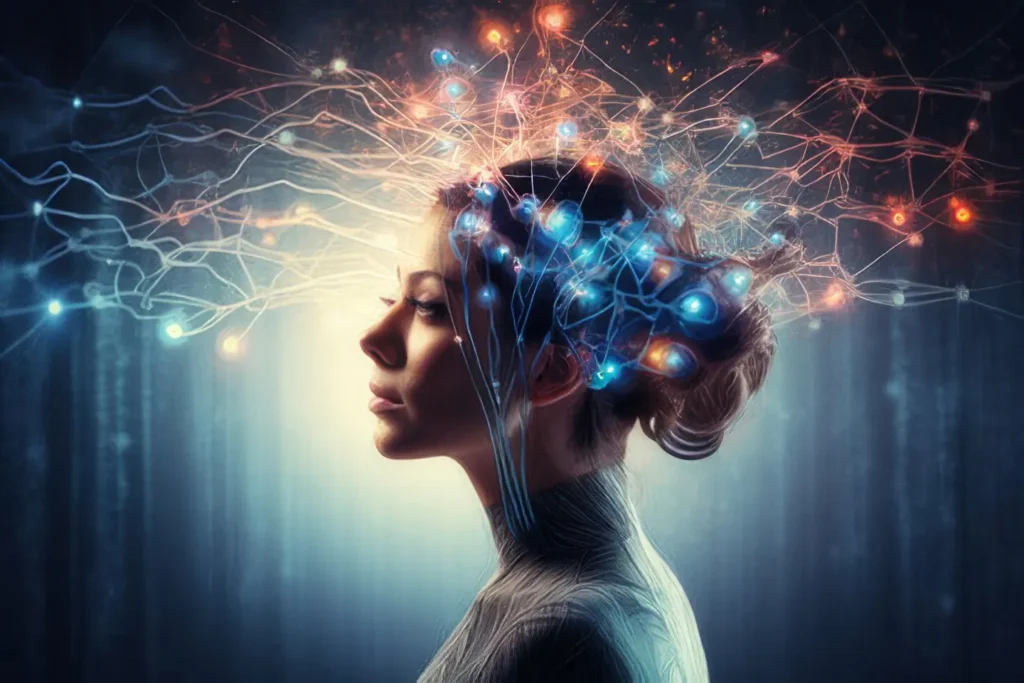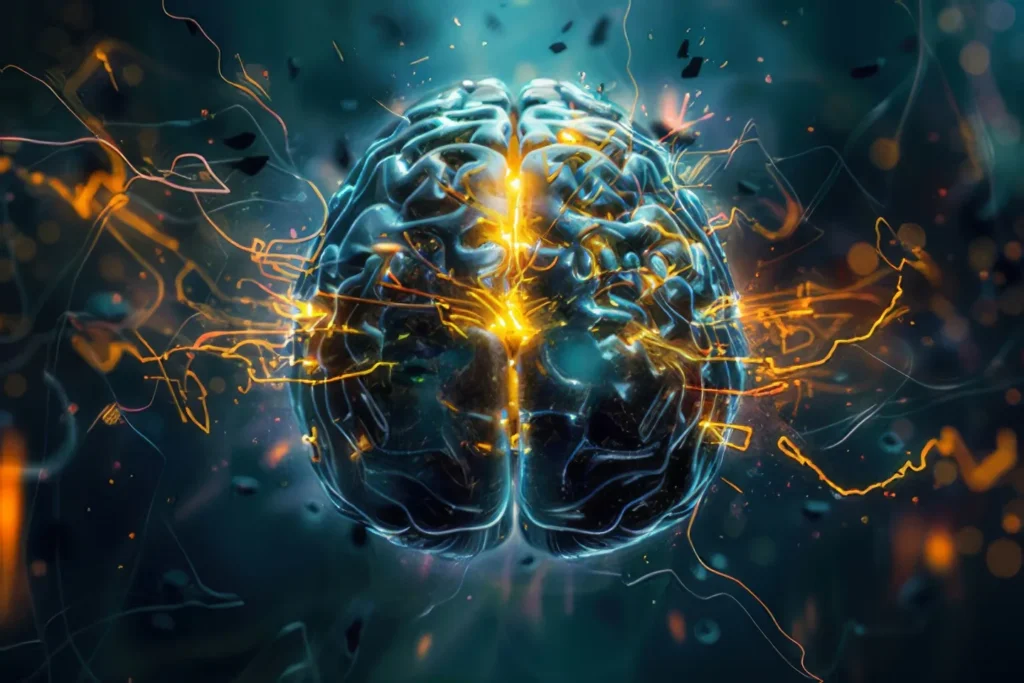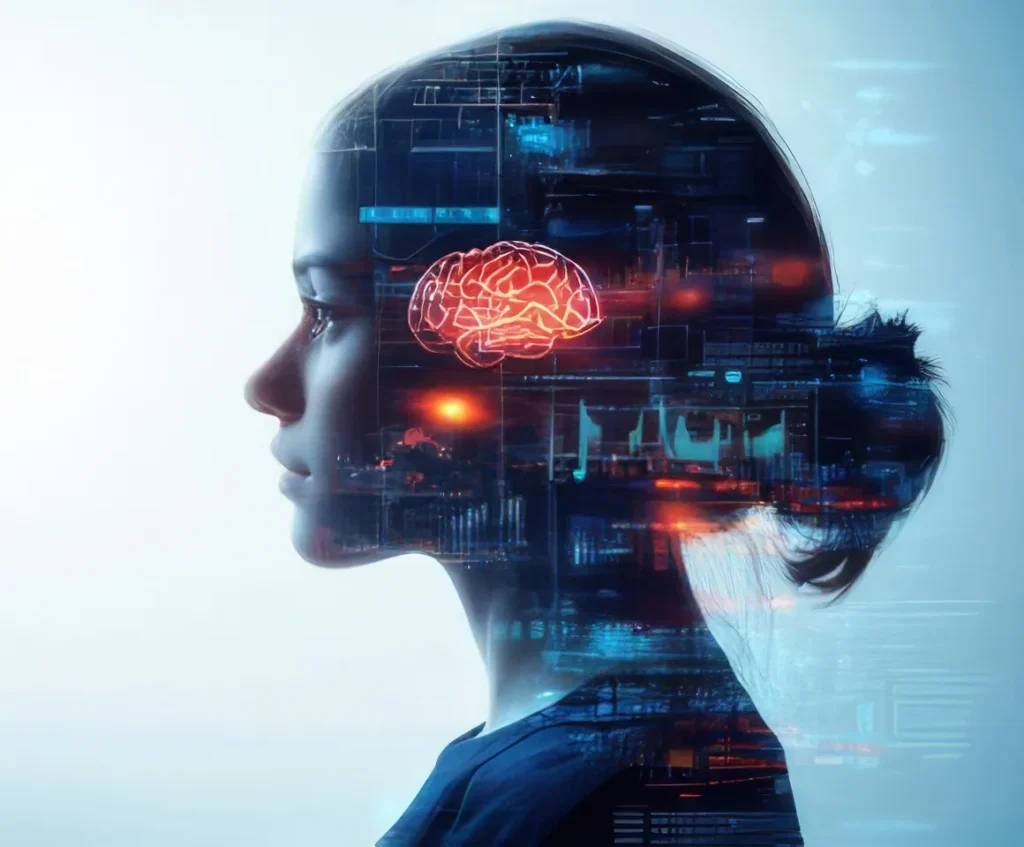Department of Psychodynamic Studies

About The Department
Psychodynamics has long been regarded as a foundational approach to understanding the mind, delving into theories of unconscious drives, emotional development, and the interplay between cognition and experience. Traditionally, it encompasses the study of internal conflicts, symbolic processes, and the evolution of selfhood, providing a framework for understanding psychological structures and their influence on human perception and decision-making. However, psychodynamic studies at UOS do not stop at classical theories—they extend into emerging fields of consciousness research, cognitive engineering, and sentient technology, expanding the scope of psychological inquiry.
The Department of Psychodynamic Studies at UOS combines rigorous psychological exploration with integrative transpersonal methodologies, offering a multifaceted approach to the study of cognitive dynamics, symbolic interpretation, and deep psychology. The department ensures that students engage with both historical and contemporary psychodynamic models, fostering a broad yet structured understanding of personality, cognition, and the unconscious mind.
Bridging Classical Psychodynamics and Emerging Consciousness Studies
A Multidisciplinary Approach to Psychodynamic Studies
- Classical Psychodynamics & Depth Psychology – Exploring the unconscious, personality structures, and emotional development.
- Transpersonal & Symbolic Psychology – Investigating archetypal patterns, symbolic cognition, and altered states of awareness.
- Cognitive Engineering & Decision Dynamics – Analyzing the intersection of cognition, behavior, and psychological structuring.
- Metapsychology & Theoretical Frameworks – Understanding the philosophical underpinnings of psychodynamics and consciousness.
- Sentient Technology & AI-Psychodynamic Interfaces – Examining how cognitive models and artificial intelligence intersect with human consciousness.
- Therapeutic Applications & Self-Optimization – Investigating methods of self-improvement, emotional intelligence, and psychodynamic transformation.
Degree Programs
Research, Innovation & Interdisciplinary Collaboration
Key Research Areas Include:
- Unconscious Cognition & Depth Psychology – Investigating theories of personality, emotional dynamics, and psychodynamic assessment.
- Symbolic Processing & Cognitive Modeling – Examining archetypal cognition, symbolic analysis, and structured personality theory.
- Artificial Intelligence & Sentient Systems – Exploring AI consciousness frameworks, decision science, and intelligent cognitive modeling.
- Neuroscience & Psychodynamic Interaction – Bridging neurological research with psychodynamic methodologies.
- Therapeutic Structures & Self-Optimization – Applying psychodynamic principles to personal development, coaching, and emotional intelligence.





